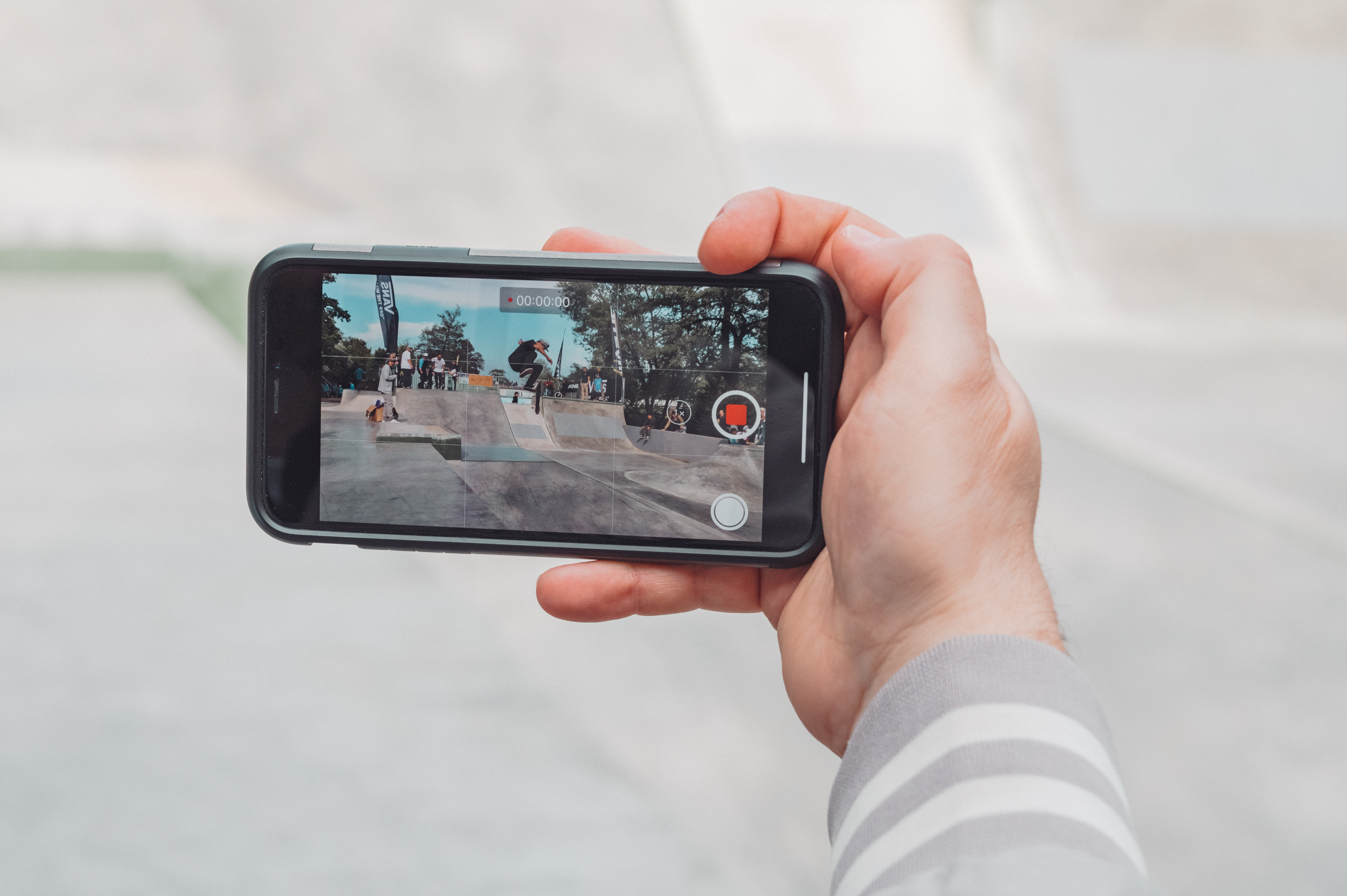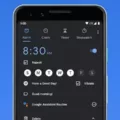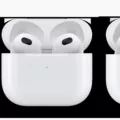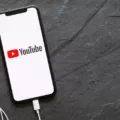Switching from an Android device to an iPhone can offer both advantages and disadvantages. It’s important to weigh these pros and cons before making the switch to ensure it aligns with your needs and preferences. Let’s delve into the details.
One of the primary advantages of switching to an iPhone is the enhanced cybersecurity it offers. iPhones have tighter security measures compared to Android devices. This is mainly due to the exclusivity of the Apple App Store, which ensures that apps go through a rigorous vetting process before being made available for download. Additionally, the closed ecosystem of iOS makes it challenging for hackers to infiltrate the system. Furthermore, Apple provides prompt updates, ensuring that any potential vulnerabilities are patched quickly. As a result, iPhones are far less likely to be infected with viruses or malware.
However, there are some downsides to switching to an iPhone. One significant drawback is the loss of access to certain file formats and the need to repurchase certain apps. Android devices offer more flexibility in terms of file compatibility, allowing users to access a wider range of formats. Moreover, transferring purchased apps from Android to iOS may require repurchasing them, which can be inconvenient and costly.
Another limitation of iOS devices is the multitasking capability. Android devices typically offer more options for multitasking, allowing users to run multiple apps simultaneously. While iOS has made improvements in this area, it still falls short of what Android offers in terms of multitasking capabilities.
Additionally, there are some specific features that Android users might miss when switching to an iPhone. For example, Safari now allows file downloads, but the iPad still lacks a built-in calculator, which can be inconvenient for some users. Furthermore, Android devices provide more customization options, allowing users to personalize their devices to a greater extent. iPhone users have limited customization options compared to their Android counterparts.
Another important consideration is storage. iPhones do not offer expandable storage options through microSD cards. This means that users who require extra storage space may need to opt for higher-capacity iPhone versions, which can be more expensive.
It’s also worth noting that repair and maintenance costs for iPhones can be high, particularly if the device is no longer covered by a warranty. This is something to consider when choosing between Android and iPhone, as repairs for iPhones tend to be more costly.
On the positive side, iPhones are well-known for their privacy and security features. Apple provides a range of security measures, including facial recognition and fingerprint authentication, to protect user data. Additionally, Apple restricts apps from tracking user location and data. iMessage and FaceTime, two popular communication features on iPhones, are also end-to-end encrypted, ensuring secure conversations.
Switching from Android to iPhone offers enhanced cybersecurity and tighter control over app availability. However, there are limitations in terms of file formats, multitasking, customization, and expandable storage. Repair and maintenance costs for iPhones can also be higher. On the positive side, iPhones prioritize privacy and security, providing features like facial recognition and end-to-end encryption. Ultimately, the decision to switch from Android to iPhone should be based on individual preferences and requirements.
Is It Worth It To Switch From Android To IPhone?
When considering whether to switch from Android to iPhone, there are several factors to consider. Here are some key points to help you make an informed decision:
1. Enhanced Security: iPhones are known for their robust security measures. The closed ecosystem and strict app vetting process of the Apple App Store make it difficult for malicious apps to find their way onto iPhones. Additionally, Apple provides regular and prompt updates to address any security vulnerabilities, ensuring your device stays protected.
2. Lower Risk of Malware: Unlike Android devices, which can be more susceptible to malware and viruses due to their open-source nature, iPhones have a significantly lower risk of getting infected. This is because iOS has built-in security features that prevent unauthorized access and ensure a safer user experience.
3. Seamless Ecosystem: If you already own other Apple devices, such as a MacBook or iPad, switching to an iPhone can provide a seamless and integrated ecosystem. The ability to sync your data, apps, and services across multiple devices effortlessly can enhance your overall user experience and productivity.
4. Quality and User Experience: Apple is renowned for its meticulous attention to detail and premium build quality. iPhones typically offer a polished and intuitive user interface, smooth performance, and a wide range of high-quality apps optimized for iOS. This can result in a more enjoyable and satisfying user experience.
5. Long-Term Software Support: Apple generally provides software updates to older iPhone models for a longer duration compared to Android manufacturers. This means you can enjoy the latest features and security patches on your iPhone for a more extended period, potentially extending the lifespan of your device.
6. App Store Exclusivity: The Apple App Store is known for its curated selection of high-quality apps. Many developers prioritize iOS app development, resulting in a broader range of exclusive and optimized apps for iPhone users. If you rely heavily on specific apps or prefer a more refined app experience, this could be a significant advantage.
7. Personal Preference and Ecosystem Compatibility: Ultimately, the decision to switch from Android to iPhone depends on your personal preferences, budget, and compatibility with your existing ecosystem. Consider factors such as design, customization options, hardware features, and the availability of specific apps or services that are essential to you.
It’s worth noting that switching from Android to iPhone may involve a learning curve as you adapt to a new operating system and interface. Additionally, there may be some differences in functionality and features between the two platforms. Therefore, it’s advisable to research and consider these factors before making a switch.
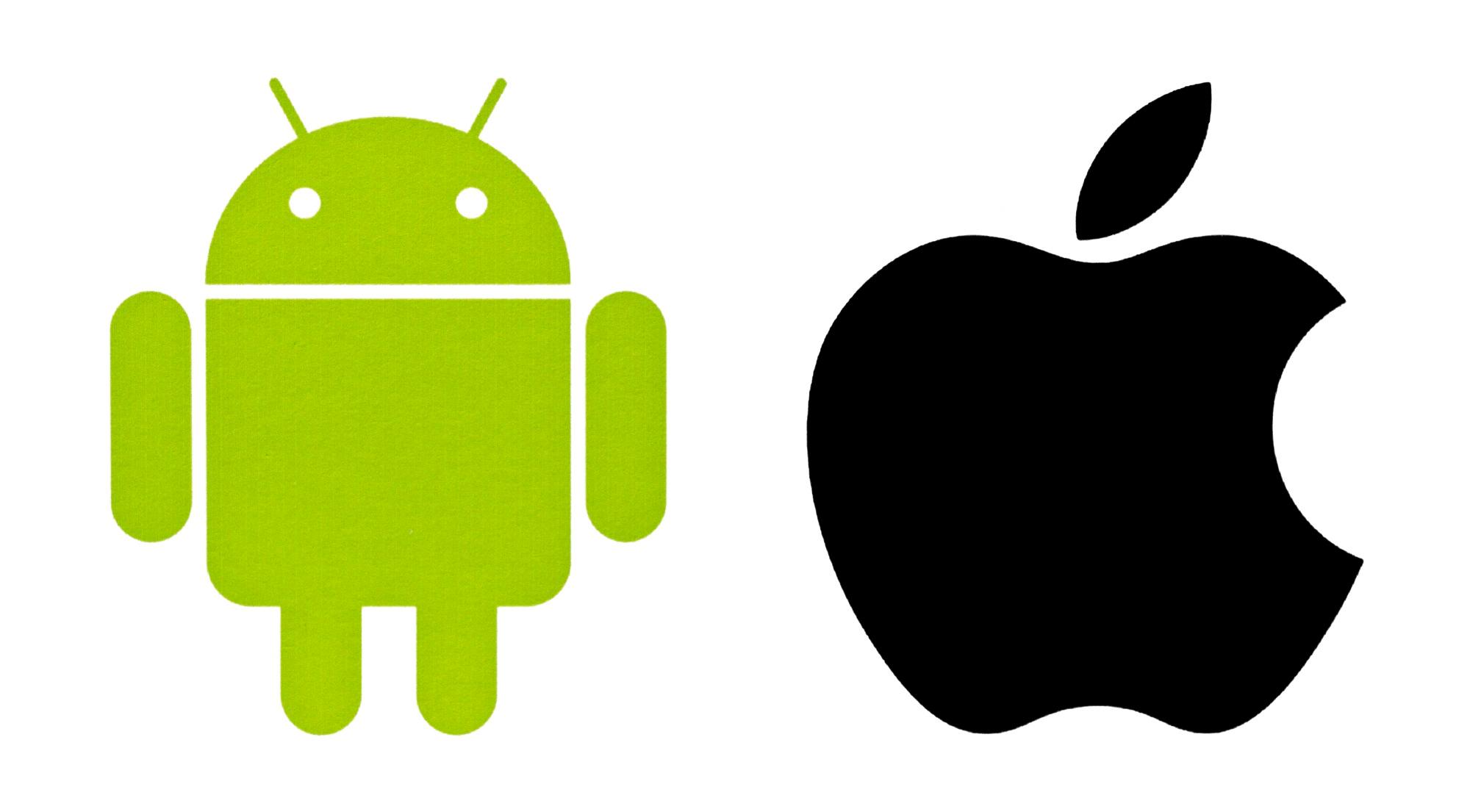
What Are The Disadvantages Of Changing From Android To IPhone?
Switching from Android to iPhone does come with some disadvantages. Here are a few to consider:
1. Loss of access to certain formats: Android devices have more flexibility in terms of file formats, allowing users to easily download and access various file types. However, iOS has certain limitations and may not support all file formats, which means you may lose access to some files or need to find alternative ways to view them on your iPhone.
2. Repurchasing apps: If you have purchased apps on the Google Play Store, you will need to repurchase them on the Apple App Store if you want to use them on your iPhone. This can be costly, especially if you had invested in several paid apps on Android.
3. Limited multitasking: While iOS has made improvements in multitasking capabilities, Android still offers more flexibility in this area. Android allows users to have multiple apps open simultaneously, enabling seamless multitasking. On the other hand, iOS limits multitasking to certain tasks and may not provide the same level of multitasking efficiency as Android.
4. Lack of a built-in calculator on iPad: Although iPhones come with a built-in calculator app, iPads surprisingly do not. This means you will need to download a third-party calculator app from the App Store if you want to perform calculations on your iPad. It can be inconvenient for those who frequently use their iPad as a productivity tool.
5. Limited customization options: Android is known for its extensive customization options, allowing users to personalize their devices to a greater extent. On the other hand, iOS has a more locked-down approach, offering limited customization options. This may be a disadvantage for users who enjoy tweaking their device’s appearance and functionality.
6. No default Chrome browser option: iOS devices come with Safari as the default browser, and while Safari has improved over the years, some users may prefer Google Chrome or other browsers. Unfortunately, iOS does not allow you to set a default browser other than Safari, which can be a drawback for those who are accustomed to using a different browser.
Switching from Android to iPhone may result in losing access to certain file formats and the need to repurchase apps. Additionally, limitations in multitasking, the lack of a built-in calculator on iPad, limited customization options, and the absence of a default Chrome browser option are some disadvantages to consider.
What Is The Disadvantage Of IPhone Over Android?
– Non-expandable Storage: One disadvantage of iPhones when compared to Android devices is their lack of expandable storage options through microSD cards. This means that users who need extra storage space may find themselves limited by the internal storage capacity of the iPhone they purchased. Unlike many Android phones that allow users to easily expand their storage by inserting a microSD card, iPhones require users to choose a higher-capacity version of the device, which comes with a higher price tag.
– Costs of Repair and Maintenance: Another disadvantage of iPhones is the potentially high cost of repairing and maintaining them. This is especially true if the device is no longer covered by a warranty. Apple’s repair services can be quite expensive, and the cost of replacing components or fixing issues can quickly add up. Users who experience hardware or software problems with their iPhones may find themselves facing significant costs to get their device repaired or replaced.
While iPhones offer a range of advantages, such as their sleek design and user-friendly interface, these disadvantages can be significant drawbacks for some users. It’s important for individuals to carefully consider their storage needs and potential repair costs before deciding on an iPhone over an Android device.
Why You Should Buy IPhone Instead Of Android?
– Advanced Privacy and Security: iPhones are known for their strong privacy and security features. With features like facial recognition and fingerprint authentication, your device stays secure and can only be accessed by you. Apple also places strict regulations on app developers, preventing them from tracking your location and data without your explicit consent. iMessage and FaceTime, the native messaging and video calling apps on iPhones, use end-to-end encryption to protect your conversations from being intercepted.
– User-Friendly Interface: iPhones are designed to be intuitive and user-friendly. The iOS operating system offers a consistent and seamless experience across all Apple devices. The interface is clean, organized, and easy to navigate, making it simple for even beginners to use and understand.
– Regular Software Updates: Apple is known for providing regular software updates, which not only bring new features but also address security vulnerabilities and performance issues. This ensures that your iPhone stays up to date and protected from potential threats.
– App Store Quality Control: The App Store on iPhones is known for its strict quality control measures. Every app goes through a rigorous review process by Apple before being made available for download. This ensures that the apps you install are safe, reliable, and free from malware or other malicious activities.
– Seamless Integration with Apple Ecosystem: If you already own other Apple devices like MacBooks, iPads, or Apple Watches, an iPhone seamlessly integrates with them. You can easily sync your files, messages, and other data across all your devices, creating a cohesive ecosystem that enhances your overall user experience.
– Exceptional Hardware and Performance: iPhones are known for their high-quality hardware and performance. The combination of Apple’s custom-designed processors and optimized software ensures smooth and efficient performance, allowing you to multitask, run demanding apps, and play graphics-intensive games without any lag or hiccups.
– Wide Range of Apps and Services: The App Store offers a vast selection of apps and services, catering to a wide range of interests and needs. Whether you’re looking for productivity tools, entertainment apps, or specialized utilities, you can find a diverse range of options on the App Store. Many developers prioritize iOS when releasing new apps, ensuring that iPhone users have access to the latest and most innovative applications.
– Strong Resale Value: iPhones tend to retain their value better than many other smartphones. This means that if you decide to upgrade to a newer model or switch to a different device in the future, you can often sell your iPhone for a higher price compared to other brands, reducing the overall cost of ownership.
– Apple Customer Support: Apple is well-known for its excellent customer support service. If you encounter any issues with your iPhone, you can easily reach out to Apple’s support team for assistance. They are known for their prompt and helpful responses, ensuring that you receive the necessary support to resolve any problems you may face.
Buying an iPhone offers advanced privacy and security features, a user-friendly interface, regular software updates, a well-curated App Store, seamless integration with the Apple ecosystem, exceptional hardware and performance, a wide range of apps and services, strong resale value, and reliable customer support. These factors make iPhones a compelling choice for those who value privacy, security, and a premium user experience.
Conclusion
Switching from Android to iPhone has its advantages and disadvantages. On the positive side, iPhones offer tighter security with the exclusive Apple App Store, closed ecosystem, and prompt updates. This makes it challenging for hackers to infiltrate iOS devices, and iPhones are extremely unlikely to be infected with viruses. Additionally, iPhones are known for their privacy and security features, such as facial recognition and end-to-end encryption for messaging and video calls.
However, there are some drawbacks to consider when switching to an iPhone. Users may lose access to certain formats and apps, and there may be limitations in multitasking compared to Android devices. Non-expandable storage is another downside, as iPhones do not have the option for microSD card expansion, which can be a concern for users who need extra storage space. Additionally, repairing iPhones can be expensive, especially if they are no longer covered by a warranty.
The decision to switch from Android to iPhone depends on individual preferences and priorities. If security and privacy are top concerns, iPhones offer a strong advantage. However, users should also consider the limitations and potential costs associated with the switch.

